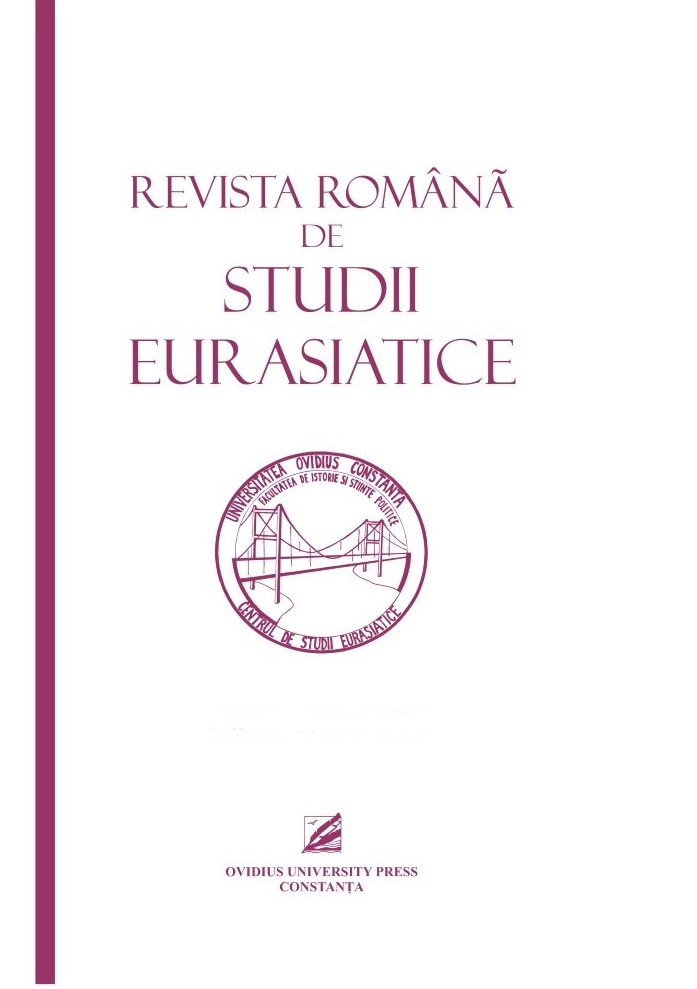WOMEN’S RIGHTS REGARDING ABORTIONS. RESEARCH IN THE RURAL AREA OF DOBROGEA
WOMEN’S RIGHTS REGARDING ABORTIONS. RESEARCH IN THE RURAL AREA OF DOBROGEA
Author(s): Enache Tuşa, Laura Maria VasilacheSubject(s): Human Rights and Humanitarian Law, Health and medicine and law, Family and social welfare, Rural and urban sociology
Published by: Ovidius University Press
Keywords: anti-abortion legislation; medical care; female mentality; communist ideology; birth rate; european legislation;
Summary/Abstract: Throughout history, the issue of abortion has been a very sensitive subject. History shows this area is closely linked to the political regime specific to each state. Totalitarian regimes have modified legislation on the one hand to outlaw abortions, and on the other hand, to allow abortion only in particular cases and situations. This kind of legislation has its origins in birth policies whereby states promoted artificial birth growth, as in the case of Nazi Germany and Communist Romania, where women became an instrument of biological reproduction under the direct control of the state. With the collapse of totalitarian regimes in 1989, most European countries moved to democracy and legalized terminations. There were exceptions, of course, and in some countries, abortion was banned, or restrictive policies were adopted, with the authorities citing moral/religious/ethical reasons. There is no uniform legislation applied in all Member States at the EU level, leaving the regulation to each Member State. This is because there is a great cultural diversity that has deep roots in the socio-cultural history of each country. On the issue of abortion, the lack of a clear definition of what life is and when it begins leads to the formation of two groups: on the one hand, some consider abortion a crime, arguing that the unborn foetus should have the same rights as any other person, and on the other hand, some believe that the pregnant woman is the only one who can decide about her own body, including whether or not she wants pregnancy. In the case of Romania, women have suffered a lot from the four decades of communism that have left a harsh imprint on the collective female mentality. With the establishment of democracy, among the first measures adopted were those legalizing abortion, which led to an explosion in the number of abortions.
Journal: Revista Română de Studii Eurasiatice
- Issue Year: 17/2021
- Issue No: 1+2
- Page Range: 163-190
- Page Count: 28
- Language: English

